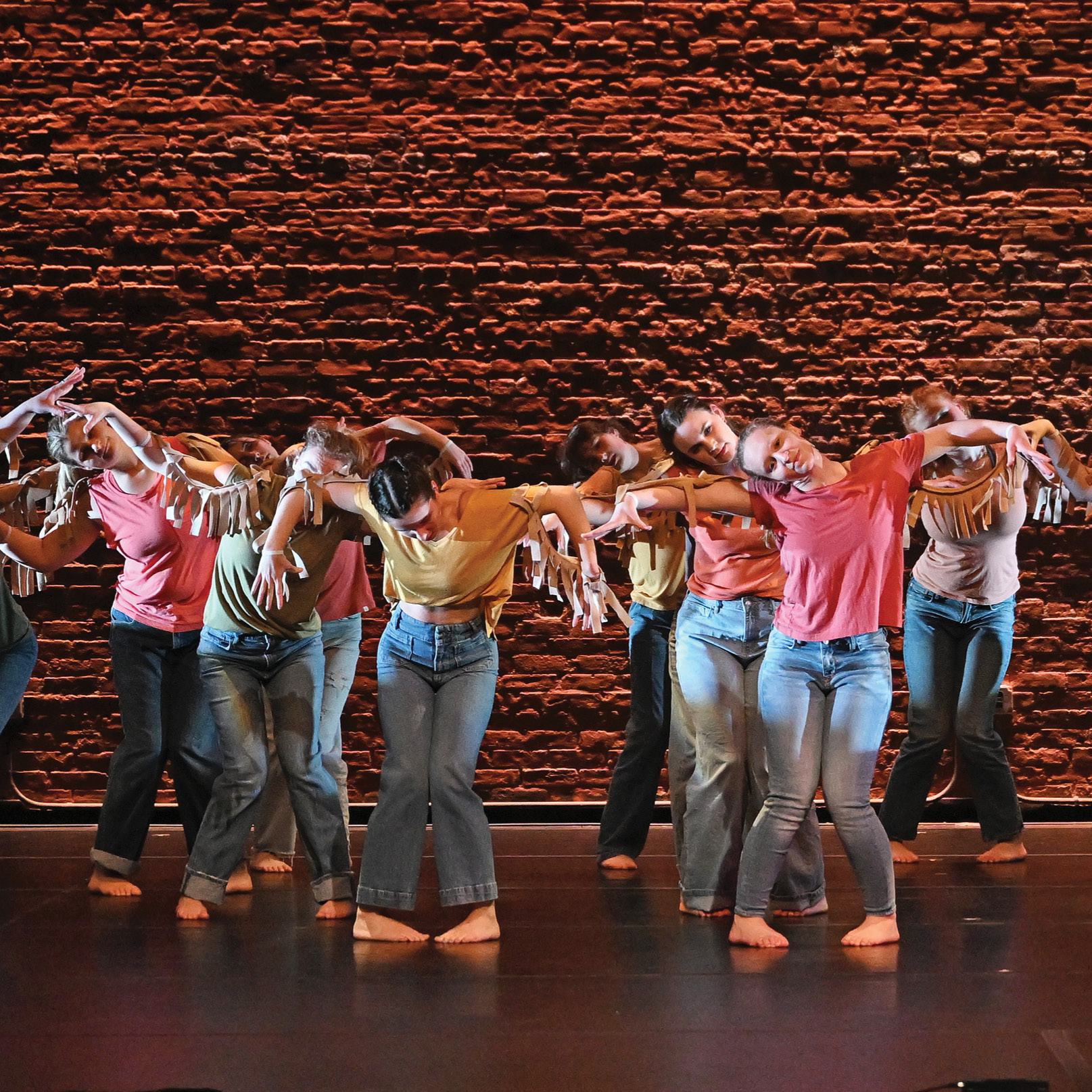
Was Einstein Wrong?
Faculty-student research team spends the summer challenging Einstein.
By Josh Anusewicz
Albert Einstein’s Theory of Relativity is one of the foundational principles of physics.
You know the equation: E = mc2.
But what if the theory of relativity was wrong, or as physics professor Mike Seifert explains, in need of a tuneup.
“In physics, you start off with a theory that works pretty well, but then you start to look a little more carefully and you discover small things that the theory can’t explain. It doesn’t mean the first theory was false—it means you have to develop a new, more accurate theory to explain those inconsistencies.”
This summer, Seifert and fellow physics professor Leslie Brown teamed with a group of Connecticut College students to do just that. The project specifically focused on “Lorentz symmetry breaking.” In plain English, as Seifert describes, Lorentz symmetry is the idea that the laws of physics remain constant for all observers, no matter what; if you turn on a flashlight, you see the beam moving away from you at the speed of light, just as someone zooming past you in a spaceship would see that light the same way.
Seifert theorizes that there may be various violations to that principle. For example, Einstein believed that the "speed limit" for matter is the same as the speed of light; if Lorentz symmetry is violated, Seifert contends, that limit could be different from the speed of light.
So what would the universe look like if these speeds are different?
That’s where Brown, an expert in astrophysics, comes in. Working with Taylor Copeland ’18, the team has studied optical illusions called “superluminal jets,” areas of the universe where objects appear to move faster than the speed of light. Using a powerful computer program, Copeland created a model universe and populated it with more than 10,000 superluminal sources—each with their own velocity and direction—to detect any variations. The sources that do show variations are mapped to find groupings in areas across the sky.
Once the data is collected, Brown said, the project will incorporate results from her 30 years of research using radio-telescopes, which can detect superluminal jets in wavelengths as small as one centimeter. “It's comparing the real world to Taylor’s model world,” Brown explains.
Another part of the research focuses on monopoles, essentially regions in space that can cause the bending of light due to their unique optical properties. Ben Guan ’19 has used the same computer program as Copeland to look at how much light rays can be deflected by the monopoles to determine if there is any fluctuation in the speed of light in the area.
Guan, a physics and math double major and computer science minor, admits the work has been challenging with only one year at the College under his belt. But the research has given him experience in areas such as classical mechanics and modern physics, providing a head start into his sophomore year.
“Throughout the day, I find myself running into [Professor Seifert’s or Professor Brown’s] office asking questions,” Guan said. “I’ve picked up so much just by asking questions.”
Added Copeland, “Even though I can only make sense of a small percentage right now, I can still see the effects of what I’m learning and how it can be applied to meaningful work.”
Measuring “meaningful” when working with theories isn’t as easy as, say, chemistry; there is no pill curing a disease or synthesis of a new compound. The impact of the findings of such research may take decades to be realized. Einstein’s theory—developed in 1915—is now used in cell phone and GPS technology, ideas many could have only dreamed of at the time.
Now, it’s about stretching the boundaries on these theories, Brown said.
“As we develop a better understanding of the world, we can ask, ‘What envelopes can we start to push?’ Will the latest and greatest theory be able to incorporate new phenomena we’re seeing in our research as we begin to push the envelope of physical reality outward?”
This research is just one example of the student-faculty research that took place this summer. Through grants and fellowships, the College funded 51 students working with 21 faculty members in physics, botany, computer science, chemistry and more, as students did everything from wrestling with carnivorous plants to conducting a symphony with a computer.
The summer research projects will be presented at a symposium on Sept. 23, from 3-5 p.m. in the 1962 Room.

